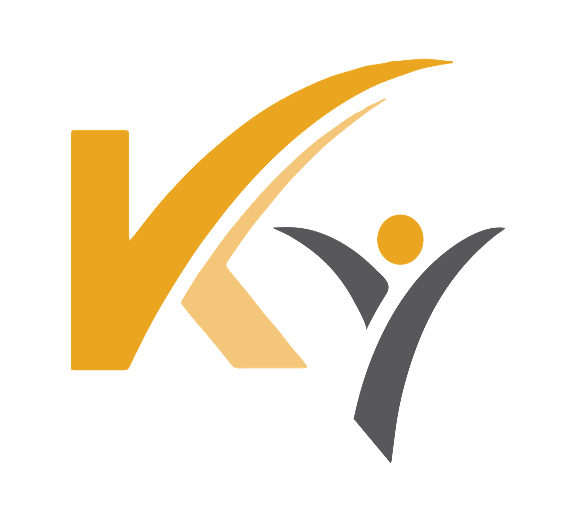Career
Learning Outcomes:
Outline career aspirations and goals
Develop Communication skills
Career preparedness
Enhanced skills in their field
Interview preparation
*Career Development - Career development refers to the process an individual may undergo to evolve their occupational status. It is the process of making decisions for long term learning, to align personal needs of physical or psychological fulfillment with career advancement opportunities.
Outline Career Aspirations and Goals
First, start with outlining your career goals. What career type are you striving for, and where do you want it to take you. It is important to write down your goals so you can visualize the path that you need to take to achieve said goals. Choose a career that will bring you tranquility, not just an income.
Career Research
It is important to learn all about your specific career:
Job requirements
Education level
Experience requirements
Positions available
Location
General duties and responsibilities
Salary
This information will help you determine if this career choice is something that will best suit you. The more you know about the career choice, the better prepared you can become.
Fulfilling Requirements
By now, you should have already outlined the necessary requirements needed for your career choice. Now is the time complete those requirements.
Education and gaining experience can seem like a daunting obstacle, but in some cases, you can work on these two requirements simultaneously. Find entry level positions as they relate to your career choice to gain some experience, and begin your furthered education journey if needed. Some career choices don’t require degrees but obtaining certificates in a specific field could help you stand out against others striving for the same goal.
This step might take some time to achieve, but it is crucial to landing a position in some career choices.
Interview Preparation
Interviews can be nerve-wracking experiences, but with the right preparation, you can enter the room with confidence and poise.
Before your interview, make sure to research the company thoroughly. Understand their mission, values, culture, products, and recent news. This knowledge will not only showcase your interest but also help you formulate thoughtful questions.
Prepare for common interview questions such as "Tell me about yourself," "Why do you want to work here?" or "What are your strengths and weaknesses?". Practice your responses, but avoid memorizing them verbatim. Aim for a natural delivery.
Dress in professional attire that aligns with the company’s dress code. When in doubt, it’s better to be slightly overdressed than underdressed. Ensure your outfit is clean, ironed, and reflects your professionalism.
On the day of the interview, aim to arrive at least 15-30 minutes early. This will give you time to compose yourself, review your notes, and demonstrate your punctuality. Being late can create a negative first impression.
At the end of the interview, you'll likely be asked if you have any questions. Prepare insightful questions that demonstrate your interest in the role and the company. Avoid asking about salary or benefits unless the interviewer brings it up.
After the interview, send a thank-you email to express your gratitude for the opportunity. Reiterate your interest in the position and highlight key points from the discussion. This simple gesture can set you apart from other candidates.
By following these tips and preparing diligently, you can approach your interview with confidence and professionalism. Remember to stay calm, be yourself, and showcase your qualifications effectively.
Follow Up Review
After some time in your career, conduct a self check to ensure that this is still the career choice you had expected it to be. Think about other opportunities within the similar line of work if yo feel the current one is not the right fit.

